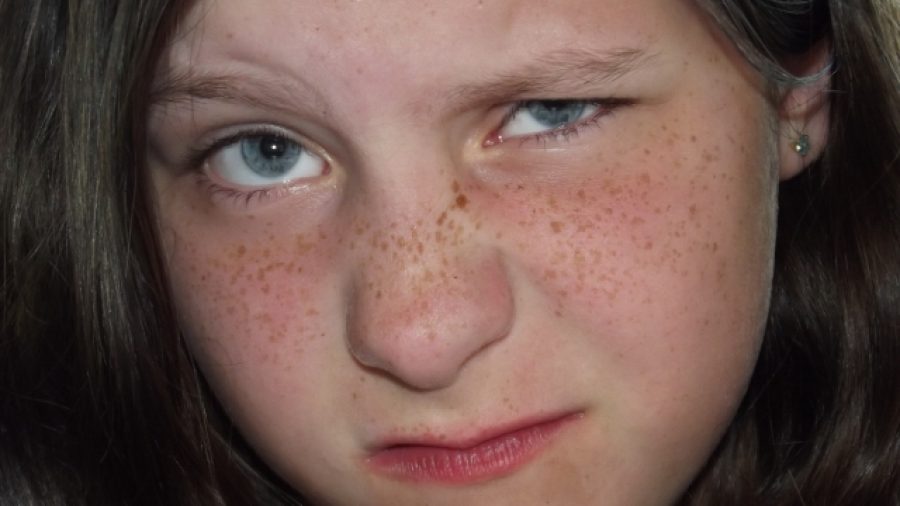Burnout itself isn’t a feeling per se. It’s a syndrome or condition with a set of criteria and expected outcomes. So, while you can feel burned out, burnout isn’t a singular emotion or way of feeling. Most commonly, when people say they’re burned out, they mean they’re exhausted – either physically or emotionally. Occasionally, when someone says they’re burned out, they mean their motivation is waning or gone.
Feelings and emotions are often used as synonyms. Feelings are more technically the sensory perceptions that you gather from your five senses as well as the sense that you have of your body itself. Emotions are a higher-level cognitive function. Like an iceberg that is mostly underwater with only a small amount on the surface, emotions are mostly subconscious. Because they’re subconscious – and not connected to sensory experiences – they’re often difficult to nail down.
So, feeling burned out isn’t so much a single emotion but rather a cocktail of emotions all mixed together vying for attention. The cocktail often includes feelings of sadness, hopelessness, emptiness, and irritability. Many of these seem to spring from a loss of hope.
Hope, as it turns out, is a miracle drug. In clinical trials, researchers must carefully control for hope, since it often has a much higher efficacy than the thing they’re testing. As much as 50% of people taking a placebo (a do-nothing drug) report improvements. Their improvements can only be attributed to the hope that they would get better using the new treatment. Thus, hope is a powerful medicine no matter what ails you.
So, while there are specific emotions that you can attribute to being burned out, it may be the lack of a single feeling (or perspective) that is the root cause. Without hope that things will get better, every setback seems fatal. Without hope, it seems like there’s no point to the effort that you’re putting in.
Hope is a belief that things can get better, whether this is through your own willpower and waypower (knowing how to make things better) or due to an outside force. Hope can exist that someone will save us, rescue us, or lighten our load. It can also exist in the belief that we have or can develop the strength to persevere. When we can no longer believe, we’ll slide towards burnout and, eventually, depression.
Exhaustion – more specifically emotional exhaustion – is the trait most commonly associated with burnout and depression. This exhaustion makes sorting out our feelings even more challenging than normal and is one of the reasons why we can get sucked into burnout and depression.
If you want to not feel burned out, then look at ways to kindle the flame of hope. Look for those around you who support and care for you who may be able to help you out of your situation. Seek out cases of others who have overcome the same kind of challenges you’re facing. Slowly, as the fire of hope turns into a roaring flame, you’ll feel stronger as sadness recedes, emptiness becomes filled, and irritability seems like a distant memory.


No comment yet, add your voice below!